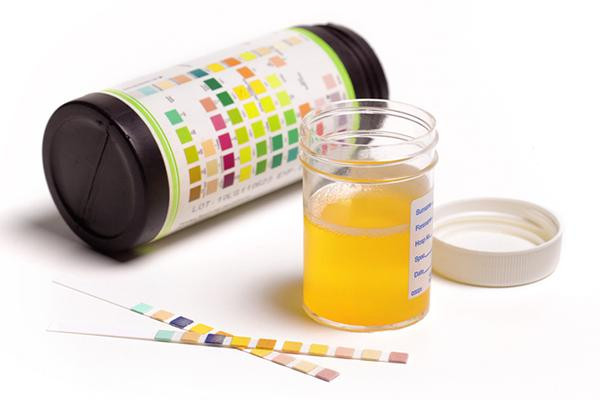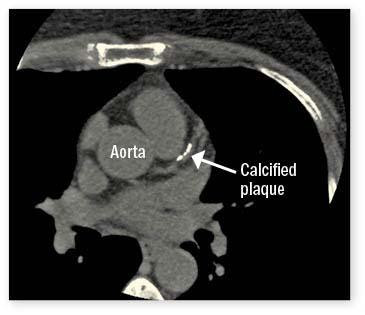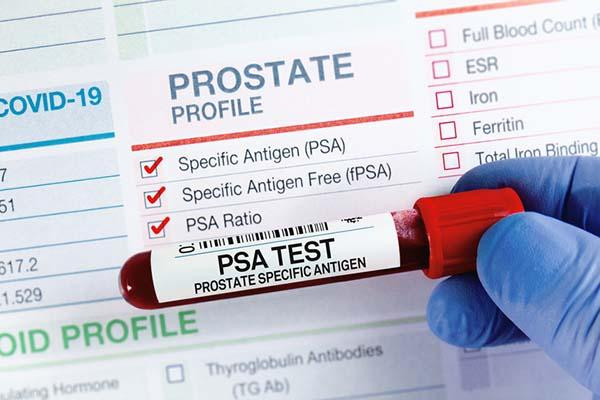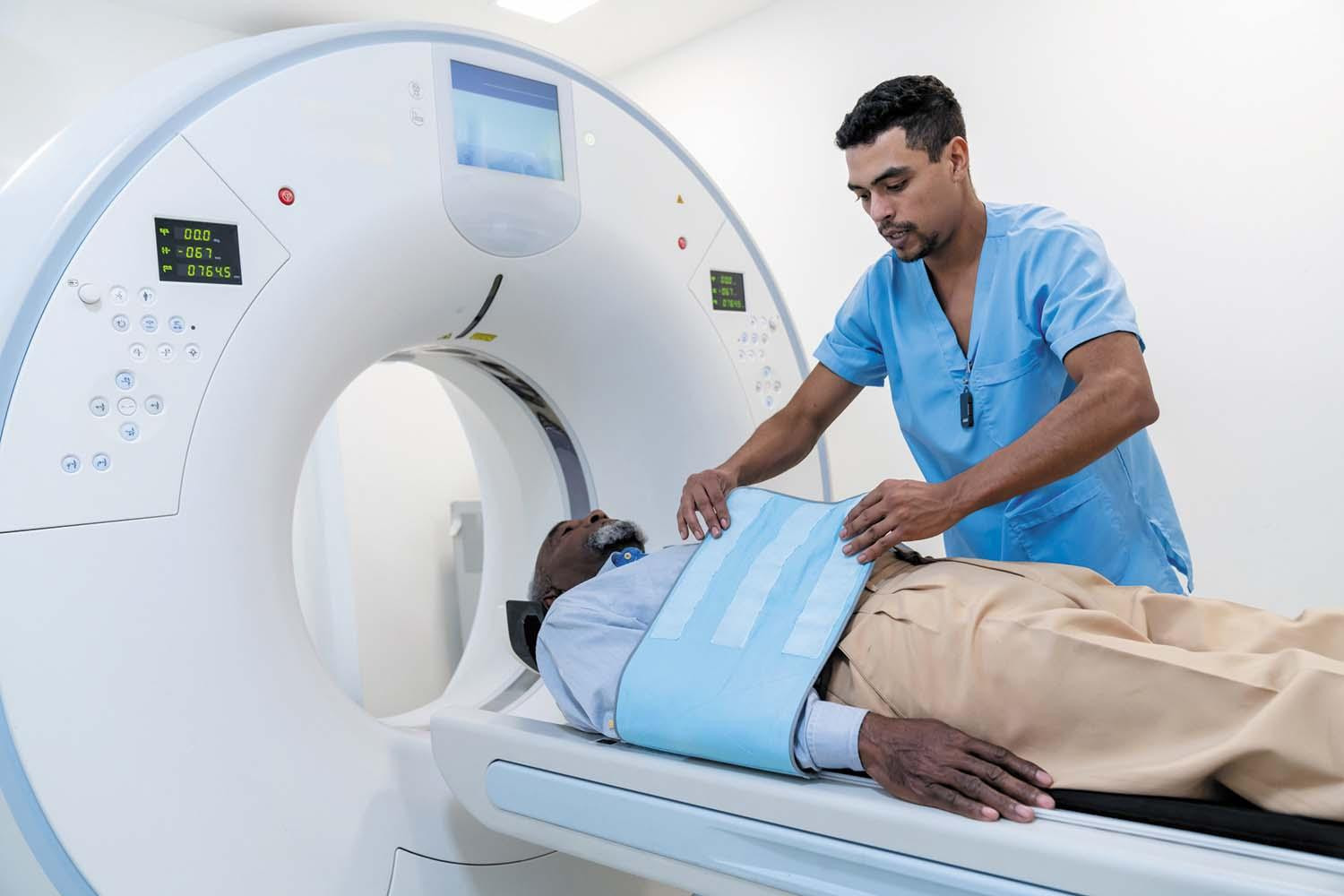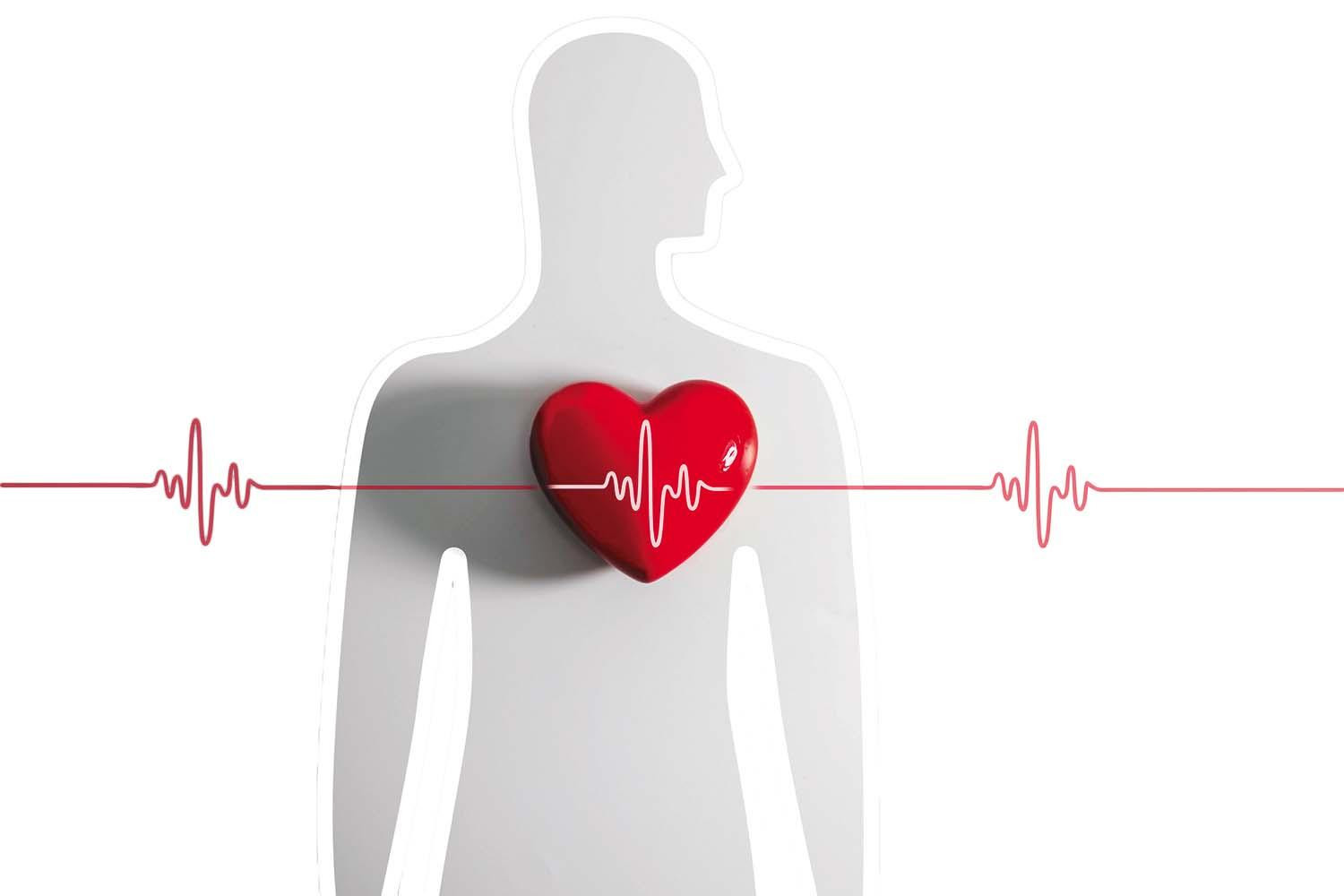
What are somatic workouts?

How to curb your stress eating

How to spot Parkinson’s disease symptoms

8 simple ways to reduce ultra-processed foods in your diet

Heart failure symptoms in women: How they’re different

GERD diet: Foods to avoid to reduce acid reflux

Strong is the new skinny

Everyday habits that sneakily weaken your bones

Don’t wait to get help for back pain

Correcting how you walk may ease osteoarthritis knee pain
Medical Tests & Procedures Archive
Articles
Urine and your health
A urine test, also known as a urinalysis, can reveal a great deal about a person’s health. The kidneys produce urine to remove excess fluid and waste products from the body. But urine also contains various chemicals, minerals, toxins, bacteria, and red and white blood cells. Analyzing a urine sample with visual, chemical, and microscopic exams can reveal the presence and amounts of these substances, which can provide clues to specific conditions.
When incidental findings on scans reveal hidden heart disease
Imaging tests such as chest CT scans and mammograms, which can detect calcium deposits in arteries, can provide information about a person’s cardiovascular health. These so-called incidental findings—when a medical test discovers something unrelated to the original purpose of the test—have become increasingly common in recent years. With a chest CT, calcifications are grouped into four categories: none, mild, moderate, or severe. That’s often enough for a cardiologist to make a solid decision about whether to maintain or intensify a person’s drug treatment to prevent heart disease progression.
What are the symptoms of prostate cancer?
A PSA test can detect early-stage prostate cancer while it’s still asymptomatic, but some men are diagnosed with prostate cancer only after symptoms appear. The editor in chief of the Harvard Medical School Guide to Prostate Diseases answers questions about how doctors distinguish prostate cancer from other noncancerous problems affecting the prostate.
Decoding your breast cancer risk
Breast cancer risk assessment scores can enable clinicians to estimate a woman’s risk of developing invasive breast cancer over the next five years, as well as her lifetime risk. The tools ask users about myriad factors that influence breast cancer risk. But risk calculators don’t necessarily provide the kind of precision and insight some women seek. A risk score can’t tell a woman for certain whether she will or won’t develop breast cancer. Risk calculators typically also don’t determine when or how often most women should seek mammograms.
Is it safe to get repeated imaging tests?
Radiation from diagnostic tests has the potential to damage tissue in the body, including cell DNA. Rarely, that can cause cell mutations that lead to cancer 10 or 20 years later. The long-term cancer risk from standard x-rays is considered very low; the risk from computed tomography (CT) scans might be higher. If a doctor orders a CT scan for someone who recently had that same type of scan, the patient should ask what the results might show, whether they’ll affect treatment, and whether an alternative test can be substituted.
When should you worry about abnormal heartbeats?
People commonly experience heart palpitations, which feel like the heart flutters or skips a beat, or beats at a faster rate or in an irregular rhythm. They often last only seconds and can be unsettling. For the most part, palpitations are nothing to worry about. Still, these unusual heart sensations may indicate something more serious, such as atrial fibrillation, supraventricular tachycardia, or ventricular tachycardia. Palpitations that persist or cause other symptoms (such as lightheadedness) should be evaluated by a doctor.
The new Alzheimer’s blood test: What it means for diagnosis
In May 2025, the FDA approved the first blood test to detect the early stages of Alzheimer’s disease. The test looks for several proteins associated with Alzheimer’s disease. About 80% of the time, the blood test is either highly positive or highly negative, a result that’s accurate more than 90% of the time. Doctors expect that the test will soon be covered by insurance. If that happens, the test will become the standard of care for people ages 55 and older with Alzheimer’s signs or symptoms.
Is there finally a way to measure tinnitus?
Havard researchers have identified biomarkers that appear to capture tinnitus severity for the first time. Scientists made the connection after analyzing the facial responses and pupil dilation of study participants as they listened to pleasant, neutral, or unpleasant sounds. The findings, when fed to a computer model, accurately predicted the severity of symptoms participants had reported on questionnaires. Scientists hope the biomarkers will lead to tools that gauge tinnitus severity and treatment effectiveness.
4 questions to ask before you get anesthesia
The four types of anesthesia include local anesthesia, regional anesthesia, monitored anesthesia, and general anesthesia. Before getting anesthesia, one should ask the doctor which type of anesthesia will be administered, what its risks are, and if delirium is a high risk. One should also ask how to prepare for anesthesia in the days leading up to a procedure—whether medications might need to be temporarily halted, when to stop eating or drinking before surgery, and whether to schedule measures to help reduce delirium.
How is PSA used to monitor prostate cancer?
Men on active surveillance for low-risk prostate cancer might need treatment if their PSA levels start to rise. Doctors also measure PSA to check for recurring cancer in men who were already treated with surgery or radiation. But use of the test in such cases differs in important ways.

What are somatic workouts?

How to curb your stress eating

How to spot Parkinson’s disease symptoms

8 simple ways to reduce ultra-processed foods in your diet

Heart failure symptoms in women: How they’re different

GERD diet: Foods to avoid to reduce acid reflux

Strong is the new skinny

Everyday habits that sneakily weaken your bones

Don’t wait to get help for back pain

Correcting how you walk may ease osteoarthritis knee pain
Free Healthbeat Signup
Get the latest in health news delivered to your inbox!
Sign Up
